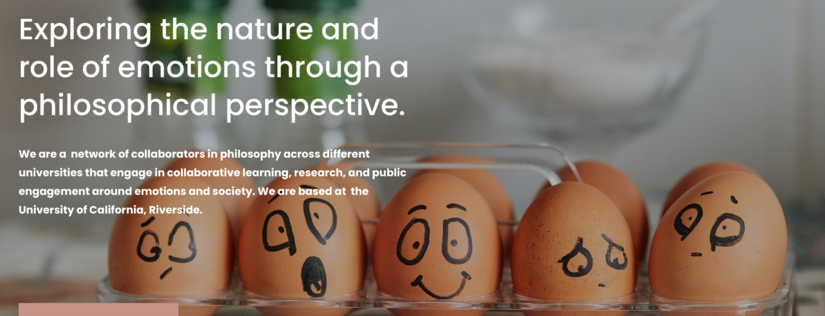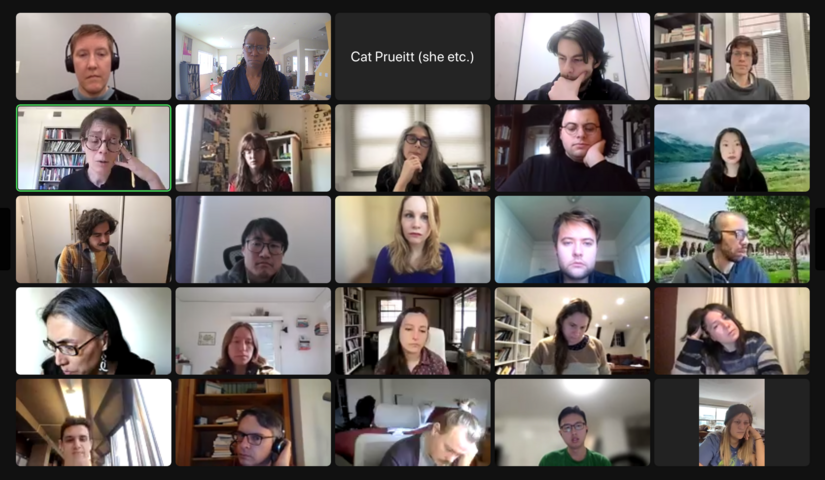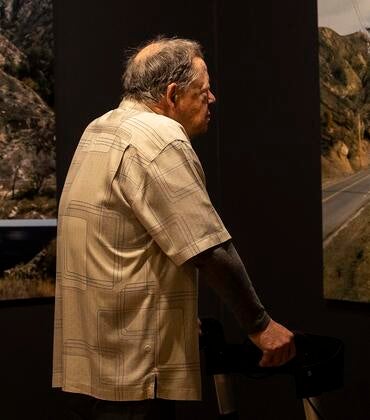Driven by her desire to give graduate and undergraduate students opportunities, Myisha Cherry has launched a one-of-a-kind humanities lab at UC Riverside.
Dubbed the Emotion and Society Lab, the collaborative effort will serve as a hub for researchers studying human emotions. It is comprised of 20 faculty members, including four from UCR and others from across the United States, Germany, Canada, England, and the Netherlands. The Emotion and Society Lab also includes eight graduate fellows from several universities.
The idea of a multidisciplinary lab had lived as a concept in Cherry’s mind, but four months ago she decided to launch it — with no budget but a strong team of collaborators wanting to positively impact the world.
“The lab consists of a small group of 'emotion nerds' from around the globe who desire community around our research interests in emotions, and endeavor to grow, learn, and collaborate together,” said Cherry, an assistant professor of philosophy at UCR whose latest book is “The Case for Rage: Why Anger is Essential to Anti-Racist Struggle.” She is serving as director of the Emotion and Society Lab.
As a first-generation college student and one of few Black female philosophers in the country, Cherry understands the need to create opportunities for students, especially those at UCR.
“At the end of the day, what distinguishes our students at UCR and Harvard students, is not a difference in intellect. It’s an issue of exposure and network,” said Cherry, who joined UCR in 2018. “I want to give them that exposure and bring them into this network.”
In addition to offering students the type of research experience she wished she had been exposed to in college, Cherry said she also had a personal reason to create the lab: to amplify her own research possibilities.
The team has already launched the “So Emotional Book Club,” a virtual monthly book club open to the public. The event is a collaboration with the Riverside-based Cellar Door Bookstore and UCR’s Center for Ideas and Society. The group is reading “The Power of Regret: How Looking Backwards Moves Us Forward” by Daniel H. Pink.
The team is also offering a “Works-In-Progress” series for faculty and graduate students. The sessions are an intimate space designed to present and receive feedback on current projects.
Academia can be a bit isolating, said Cherry, adding that the Emotion and Society Lab intends to connect colleagues from all corners of the world to offer more impactful research.
“The work that I do now, how my thinking and research is going to impact those that I co-serve, is always on my mind,” Cherry said. “My work, no matter how academic, I’m always thinking about the public. It’s important to always engage with them. The lab will bridge those two worlds for me.”





